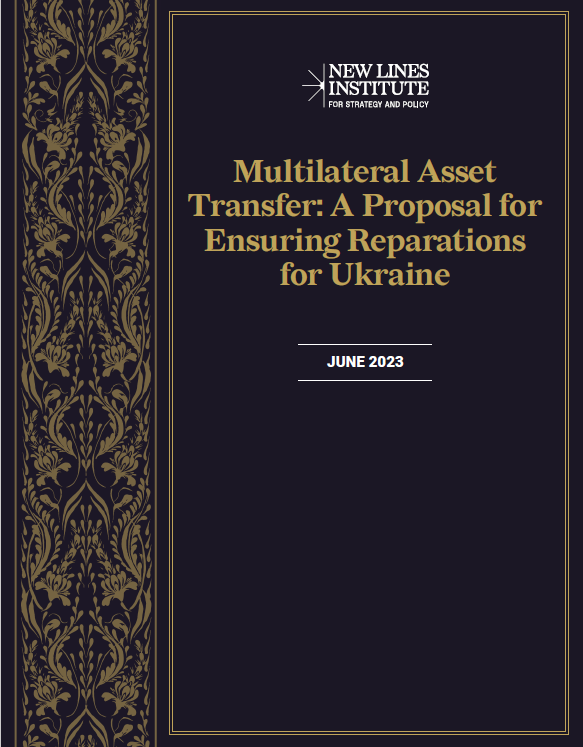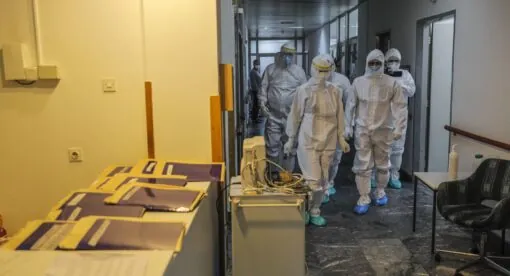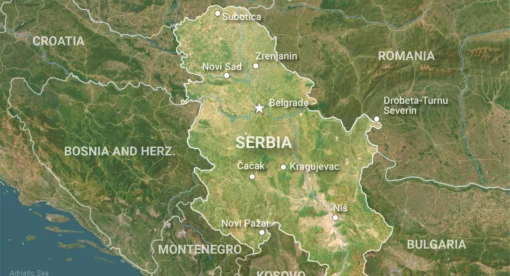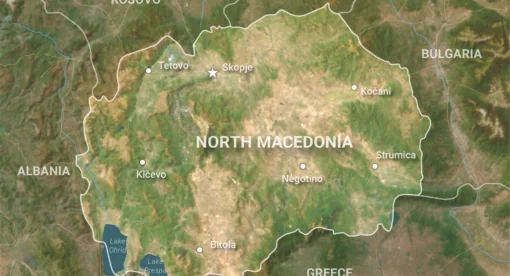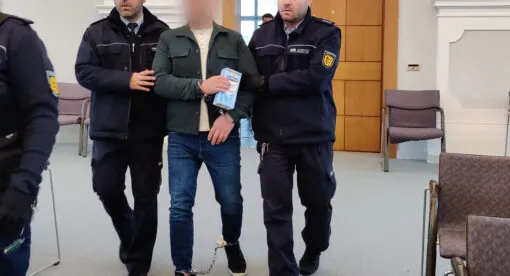The November 2022 U.N. resolution formally recognized that Russia must bear the legal consequences for all its internationally wrongful acts, including making reparations for damages to Ukraine and her people as well as affirming the need for an international mechanism to bring about this compensation.
We face the concrete reality, however, of an unrepentant Russia, determined both to damage Ukraine as severely as possible and to shirk from its international obligations — a Russia that will use its veto power to block any conventional attempts at reparations.
This New Lines Institute proposal builds on past research to illuminate the legal power that nation-states can exercise through their own domestic law to effectuate more than just the freezing of Russian state assets. Instead, nations can legally take a step further and transfer the $350 billion assets to be held in escrow for reconstruction efforts. The international law of state countermeasures entitles states to do so.
By design, our model leads to the creation of a global fund that will serve as a reservoir for these assets — and fast enough to allow reconstruction efforts to begin this year. It secures funds for a devastated Ukraine and preserves Russian incentives to strategically reengage with the international order for the possibility of returning remaining funds to Russian state bank accounts and restoring Russian sovereign immunity.
The Multilateral Asset Transfer Proposal’s power comes from its simplicity; it can be adapted to the specific legal context of each nation adopting it, enabling a unified yet flexible approach to enforcing accountability.
Our proposals and the detailed analysis that follows should serve as a guide and a beacon for nations grappling with the question of reparations. It urges swift action and unity. It is a step toward justice, toward rebuilding Ukraine, and toward a world that unequivocally condemns and deters acts of aggression.
-Dr. Azeem Ibrahim OBE, Director of Special Initiatives

